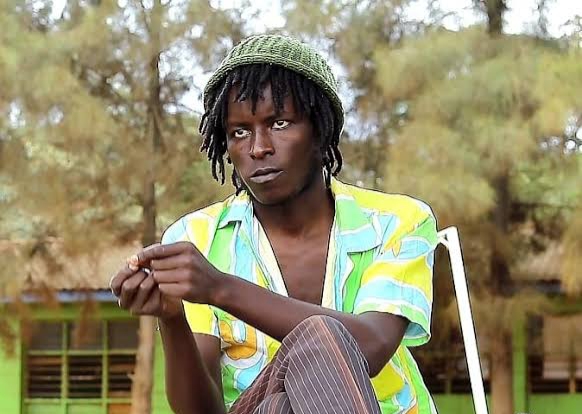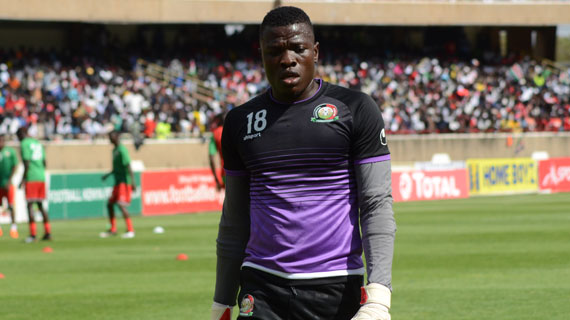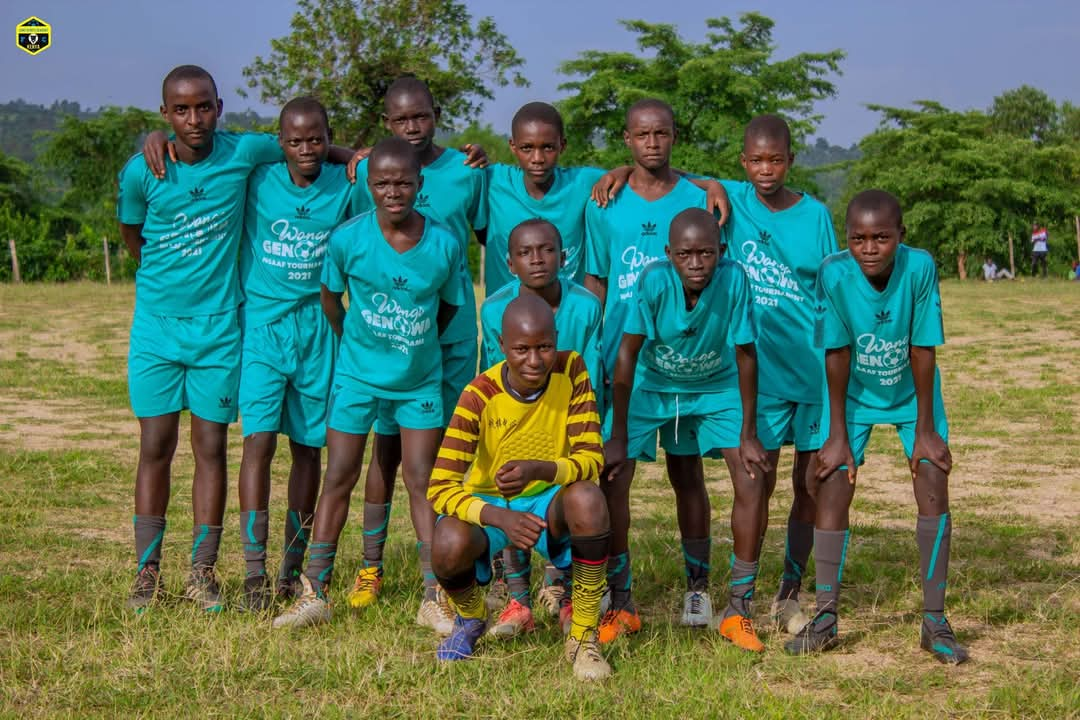Otile Brown Fires Back at Savara’s “Overrated” Jab
The East African music scene is ablaze with drama as R&B heartthrob Otile Brown delivered a sharp and cheeky response to Savara Mudigi’s claim that he’s the region’s most overrated artiste. The exchange, unfolding in real-time today, has fans picking sides and the internet buzzing with reactions, proving once again that Otile knows how to keep the spotlight firmly on himself.
The saga kicked off when Savara, the acclaimed Sauti Sol producer and vocalist, appeared in an interview with Stephanie Ng’ang’a earlier this week. Asked to name East Africa’s most overrated singer, Savara didn’t flinch. “Otile Brown,” he said flatly, raising his hands as if to dismiss any debate, though he offered no reasoning to back up his bold claim. The statement landed like a thunderclap, instantly sparking chatter among fans and industry insiders alike.
But Otile Brown, never one to let a slight go unanswered, hit back with a response that oozed confidence and a touch of playful defiance. Taking to his Instagram page on Thursday, March 27, 2025, the “Dusuma” crooner posted a message that turned Savara’s critique into a badge of honor. “The obsession—if I’m not a threat, then why do y’all keep dissing? I love it. Savaraaaa,” Otile wrote, punctuating his retort with a tone that suggested he’s more amused than rattled. The implication? If he’s truly overrated, why does his name keep ringing bells in the mouths of heavyweights like Savara?
Otile’s clapback has only intensified the spotlight on this brewing feud. Known for his silky voice and romantic Swahili hits, the singer has built an empire of fans across Kenya, Tanzania, and even internationally, with streaming numbers that rival the best in the game. Songs like “Chaguo La Moyo” and “One Call” have made him a staple in East African R&B, while his charm and media savvy have kept him a constant figure in the public eye. To Otile and his supporters, Savara’s comment feels less like a critique and more like an acknowledgment of his inescapable presence.









